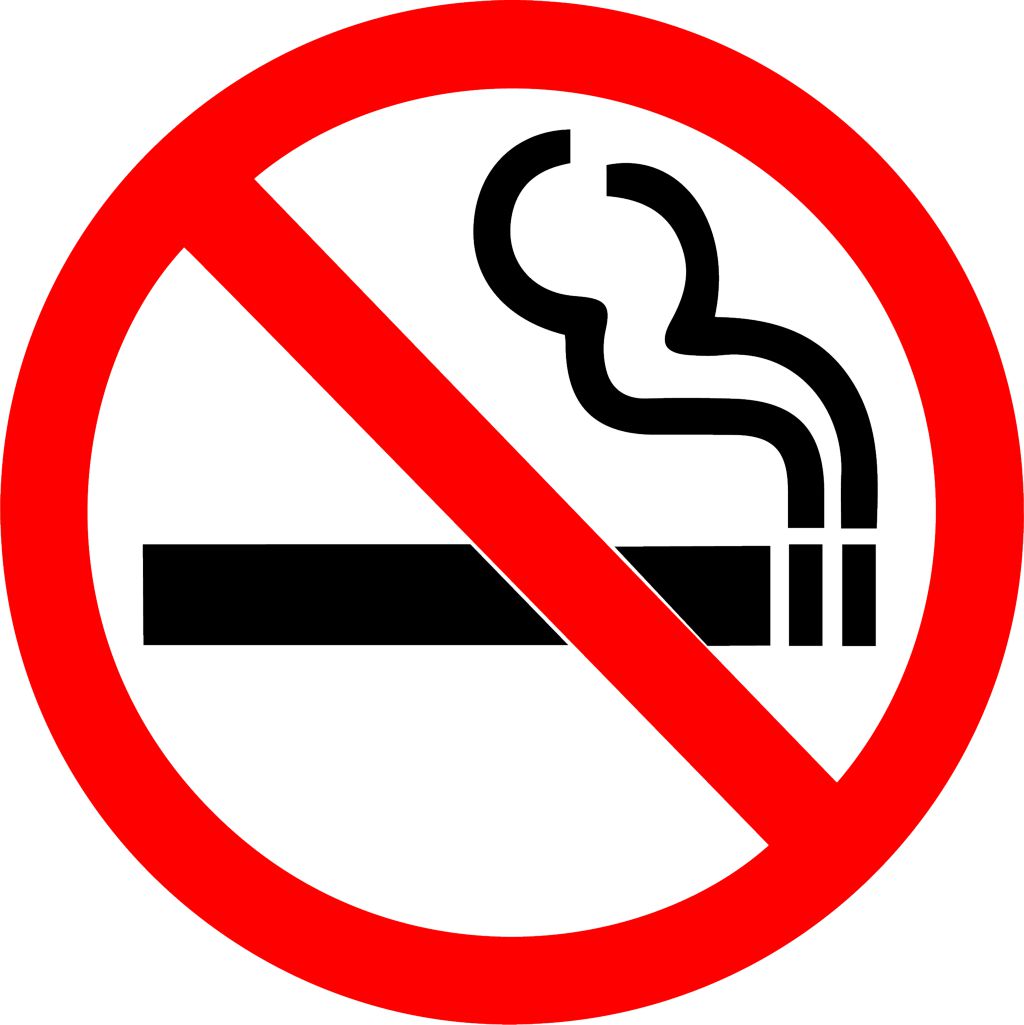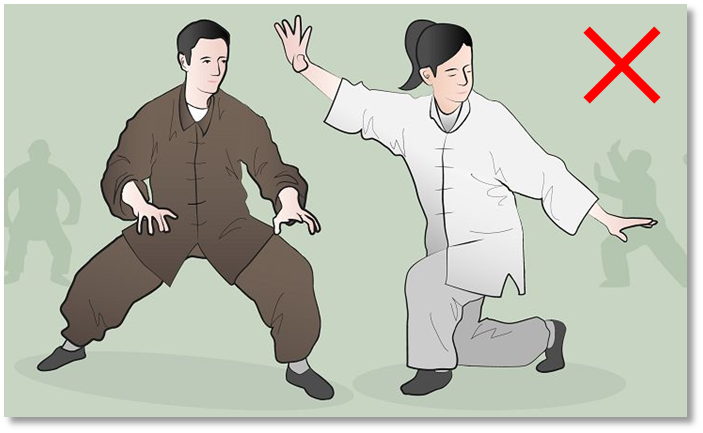- Avoid the following items within 6 weeks of operation:
- Do not exercise vigorously, such as running and swimming, avoid straddling, squatting, practicing waidangong or qigong, and avoid using sports equipment that will shake the perineum to prevent bleeding.
- Do not ride motorcycles or bicycles, and go up and down the stairs slowly.
- Do not carry objects of over 5kg, otherwise it will increase abdominal pressure leading to bleeding.
- Washing your body by taking a shower instead. Do not apply a hot compress to the abdomen to prevent blood vessels from dilating and bleeding due to heat.
- Avoid taking traditional Chinese medicines and over-the-counter medicines.



- Eat more high-fiber vegetables and fruits and high-protein food; do not smoke and drink. If constipation occurs, laxatives can be used according to the doctor's advice to avoid unnecessary enemas.
- Drink more water during the day and less water 2 hours before going to bed at night. The daily water intake should be maintained at about 2,000 C.C (except for those with poor cardiac function).
- If you find blood in your urine is bright red, or if you have painful urination, or dysuria or a fever, please call the urology specialist ward immediately. If the urine is light red or dark red, it is old blood. Drinking more water can gradually improve the symptom.
- Some patients have stress urinary incontinence after removal of the urinary catheter, which can be improved by perineal contraction exercise (Kegel exercise) and medication.
- Wound care: Pay attention to whether the wound is infected, such as redness, swelling or purulent secretions, pay attention to temperature changes, and seek medical advice as soon as possible if you catch a chill or your temperature exceeds 38.5℃.

